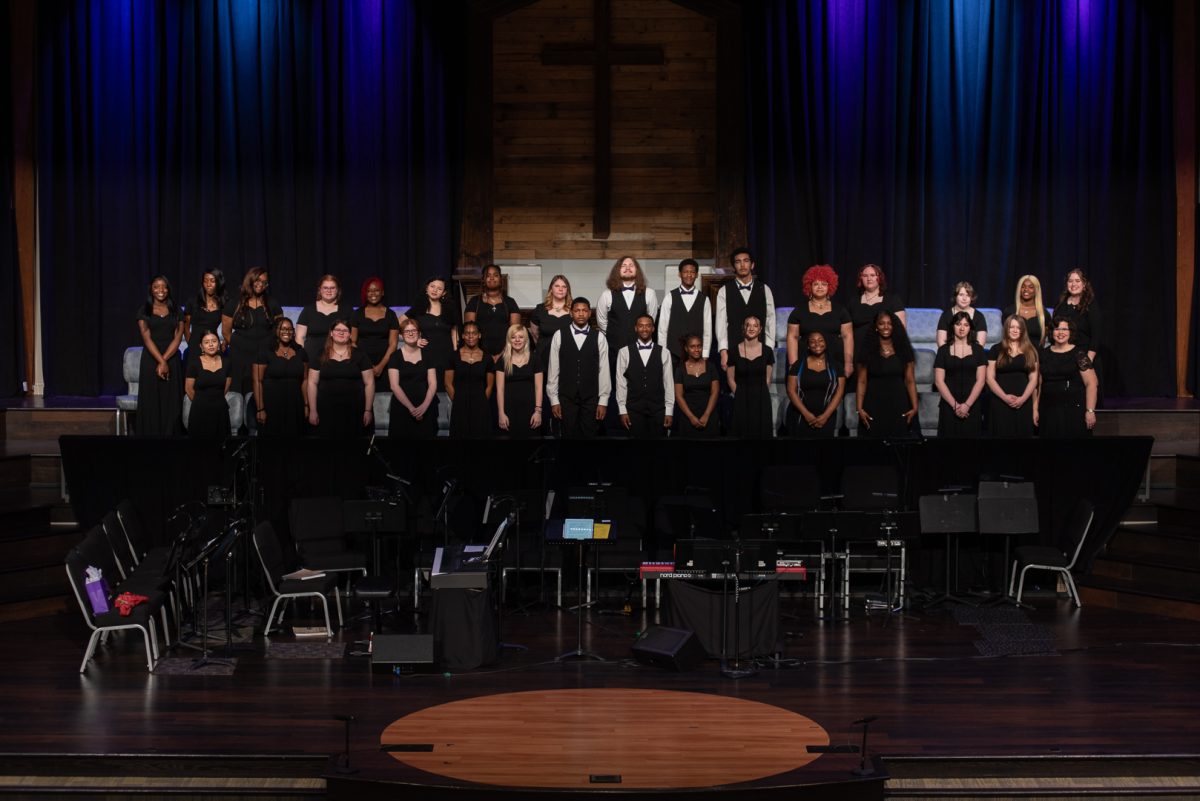As December wears on, Christmas is rapidly approaching. Seeing the lights and the presents makes many people reminisce about Christmas’s past, but what about the historical aspects of this popular holiday?
Many people celebrate Christmas’s religious association, marking December 25th as the day of Jesus’s birth. This aside, the first celebrations marking the 25th of December as the day of his birth did not occur until at least a couple hundred years later, between the second and fourth centuries. So if Christmas wasn’t originally to celebrate Jesus, what was it for?
Christmas, as is the case for many of the holidays we currently celebrate, is actually derived from the Pagan holiday known as Yule, Saturnalia, and many other names. This holiday was held in celebration of the winter solstice. People would give gifts, decorate with greenery, decorate trees, and spend time with family, just like the modern holiday we love. Christianity began to celebrate the birth of Jesus on the same day around the 4th century as a way to weaken Pagan traditions and spread their own.
Historical aspects aside, everyone has their own special feelings about Christmas. When asked what the holiday meant to her, senior Melina Barros said, “Just being with family, it’s my favorite part and very special to me.”
When asked if she knew the true history behind the holiday, Raven Glover replied, “No, it really surprised me, but I think it is cool how the traditions have evolved.”
English teacher, Kevin Parsons said, “We often celebrate the winter solstice in my classroom, just as a way to look back at the roots of the holiday.”
Whether the origins of Christmas surprised you or not, it is no doubt many people are looking forward to the holiday.







